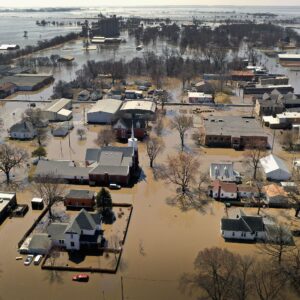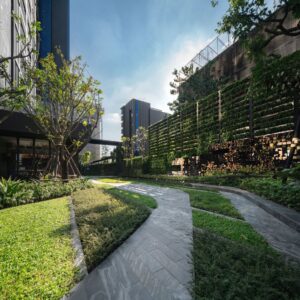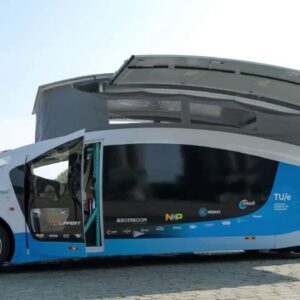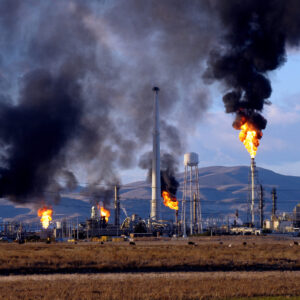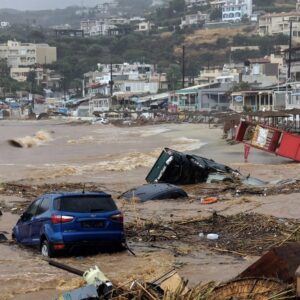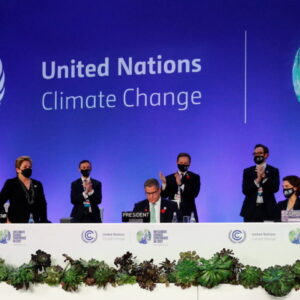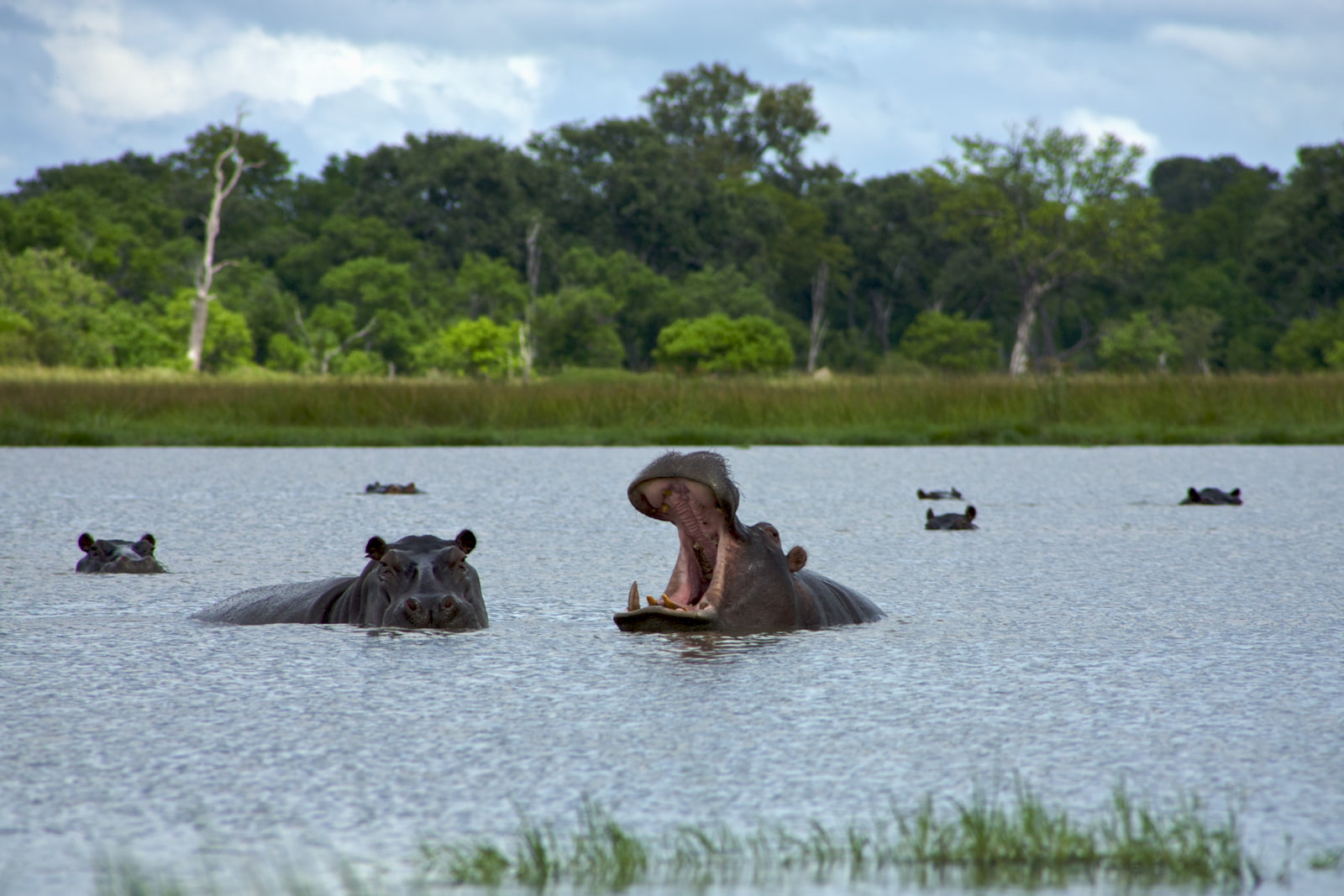
The Politics
The politics of building, particularly in environmentally sensitive areas, has always been a contentious issue. The recent controversy surrounding the construction activities of Donald Trump’s in-law in Europe’s first wild river delta National Park is a case in point. The question that arises is, why does Trump’s in-law get to build in such a pristine and ecologically significant area?
The individual in question is Jared Kushner, Trump’s son-in-law and former senior advisor. Kushner’s real estate firm, Kushner Companies, has been granted permission to construct a luxury resort in the Vjosa River delta in Albania, Europe’s first wild river delta National Park. This decision has sparked a wave of criticism from environmentalists and local communities who fear the potential ecological impact of such a development.
The Vjosa River, often referred to as Europe’s last wild river, is a unique ecosystem that supports a diverse range of flora and fauna. It is also a significant site for scientific research and a popular destination for eco-tourism. The decision to allow construction in such a sensitive area raises questions about the priorities and motivations of the Albanian government.
The Albanian government has defended its decision, arguing that the development will boost tourism and create jobs. However, critics argue that the short-term economic benefits do not justify the potential long-term environmental damage. They also question the transparency of the decision-making process, suggesting that Kushner’s connection to Trump may have influenced the government’s decision.
The controversy also highlights the broader issue of political influence in real estate development. Kushner’s firm has a history of controversial real estate deals, many of which have been scrutinized for potential conflicts of interest due to Kushner’s role in the Trump administration. The Albanian project is just the latest in a series of controversial decisions that have raised questions about the intersection of politics and real estate.
The politics of building is not just about bricks and mortar. It is about the balance between economic development and environmental preservation. It is about the power dynamics between governments, developers, and local communities. And it is about the transparency and fairness of decision-making processes.
In the case of the Vjosa River delta, the politics of building has become a global issue. Environmentalists from around the world have joined local communities in protesting against the development. They argue that the Vjosa River is a global treasure that should be preserved for future generations, not exploited for short-term economic gain.
The controversy surrounding Kushner’s development in the Vjosa River delta is a stark reminder of the challenges and complexities of the politics of building. It raises important questions about the role of political influence in real estate development, the balance between economic development and environmental preservation, and the transparency and fairness of decision-making processes.
As the debate continues, one thing is clear: the politics of building is a complex and contentious issue that requires careful consideration and balanced decision-making. Whether it’s in the heart of New York City or in Europe’s first wild river delta National Park, the decisions we make about where and how we build have far-reaching implications for our environment, our communities, and our future.
The Controversy Behind Trump’s In-Law Building in Europe
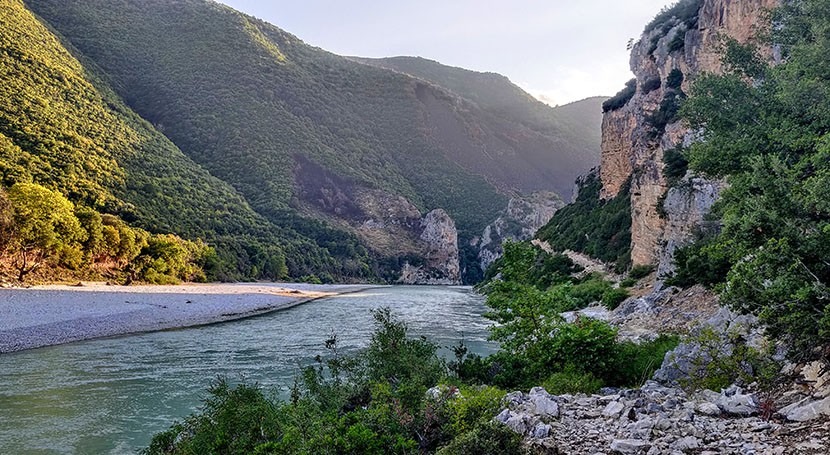
The controversy surrounding the construction project has sparked a heated debate among environmentalists, politicians, and the general public. The project has raised eyebrows due to the unique and sensitive nature of the location.
The Vjosa River, located in Albania, is Europe’s last wild river. It is a natural treasure, boasting a rich biodiversity that includes over 1,100 species of flora and fauna, some of which are endangered. The river and its delta have been designated as a National Park, a status that typically offers protection against development and exploitation. However, the Albanian government has granted Kushner’s company, Cadre, permission to build a luxury resort in this pristine environment.
The decision has been met with widespread criticism. Environmentalists argue that the construction will disrupt the delicate ecosystem of the river delta, potentially leading to the extinction of some species. They also fear that the project sets a dangerous precedent, undermining the protective status of National Parks and opening the door for further exploitation of protected areas.
Politicians and the public have also voiced concerns about the transparency of the decision-making process. The Albanian government’s approval of the project was reportedly fast-tracked, raising questions about potential conflicts of interest and corruption. Critics argue that Kushner’s close ties to the Trump administration may have influenced the decision, a claim that both Kushner and the Albanian government vehemently deny.
The controversy has also highlighted the broader issue of foreign investment in Albania. While foreign investment can stimulate economic growth and development, it must be balanced against the need to protect the country’s natural resources and cultural heritage. The Vjosa River is not just an ecological treasure; it is also a symbol of Albania’s national identity and history. Any development in the area must be carefully considered to ensure it does not compromise these values.
Kushner’s company, Cadre, has defended the project, arguing that it will bring much-needed jobs and tourism to the region. They have also pledged to implement strict environmental safeguards to minimize the impact on the local ecosystem. However, these assurances have done little to quell the controversy. Many remain skeptical about the company’s ability to balance economic development with environmental protection, particularly given the scale and nature of the proposed resort.
In conclusion, the controversy surrounding Kushner’s construction project in Europe’s first wild river delta National Park is a complex issue that touches on a range of topics, from environmental protection and sustainable development to political transparency and foreign investment. It serves as a stark reminder of the challenges and dilemmas that arise when economic interests collide with environmental and cultural preservation. As the debate continues, it is clear that the outcome will have far-reaching implications, not just for the Vjosa River, but for protected areas around the world.

